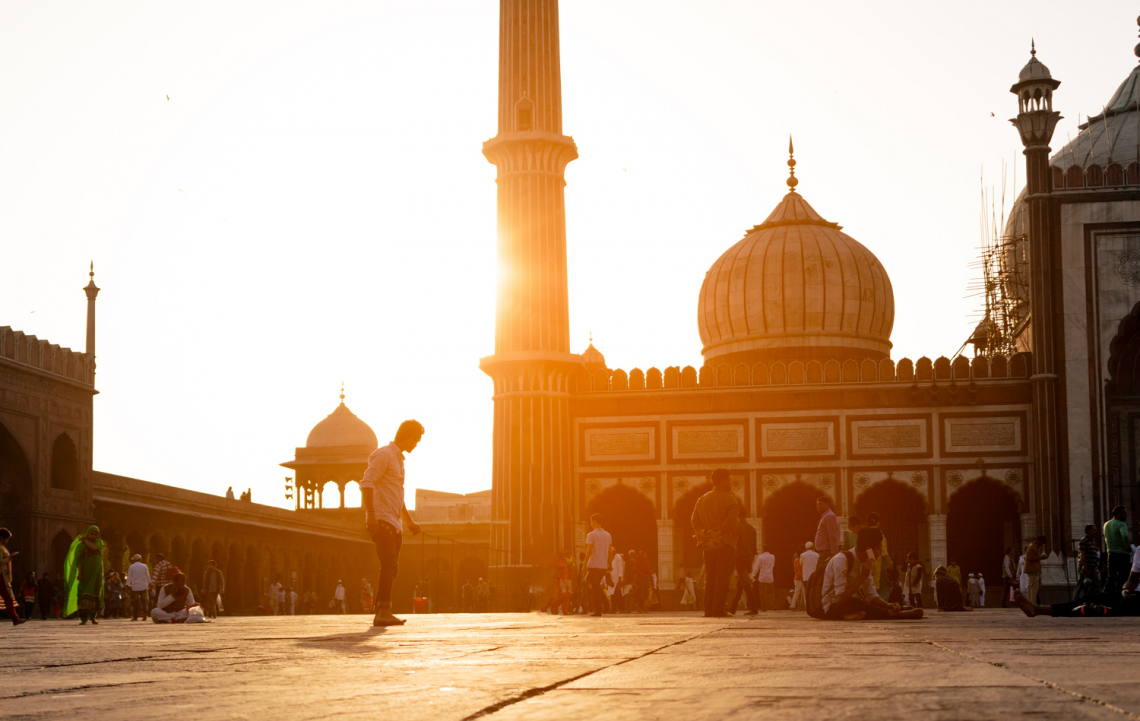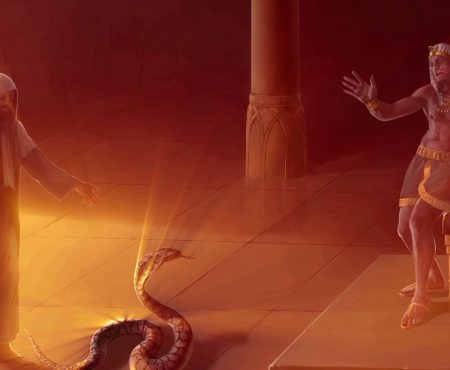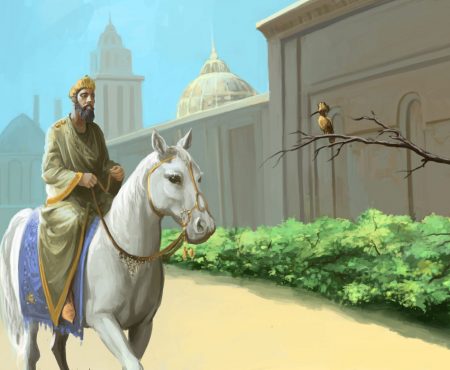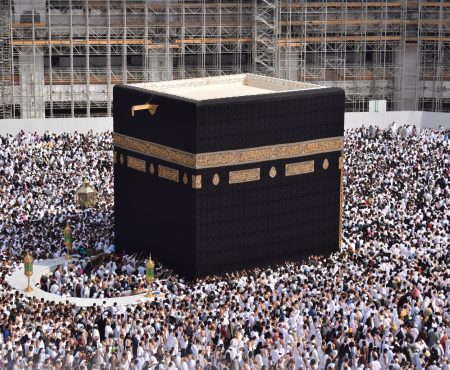Many non-Muslims across the world have come to believe that Allah, which is merely the Arabic word for God, is some different “God” worshiped only by followers of Islam, which also happens to be the world’s fastest growing religion partly due to all the NEGATIVE publicity it has received in recent decades by media conglomerates in the West, prompting many curious folks to inquire about Islam from sources more authentic than the non-Muslim press agencies. While many of those who learned about Islam from alternative sources either converted to the faith or developed an appreciation of ordinary Muslims as decent, peace-loving people, others have entertained the false notion that what Muslims refer to as ‘Allah’ is a different God than the one all monotheist religions regard as the one and only God who created the entire universe. So yes indeed, all Muslims believe in and worship the same God as Christians and Jews, though perhaps with a lot more rigor and commitment since whole-hearted belief in the one and only God and total rejection of any other ‘gods’ is the most basic principle of Islam. The following tips may help explain what God means to Muslims and why He is so sanctified.
- The core belief and principle of Islam is that there is no God but the only one Almighty God (Allah) and that Prophet Mohammad (PBUH) is His messenger. In fact, anyone simply testifying to that statement becomes a Muslim with no other rituals whatsoever. Additionally, Islam teaches in the Quran, which was revealed to Prophet Mohammad (PBUH), that God has 99 attributes which help a reflective believer to better comprehend the ultimate greatness, kindness and sanctity of the Almighty. However, although we may understand some of God’s attributes to certain extents, His true essence cannot be duly comprehended by a human’s limited mental capacity.
- Two of the most repeated attributes of God in the Quran are that He is the most beneficent and most merciful. In fact, every chapter of the Quran, except one, begins in the name of God, described by those very attributes. Muslim who face the House of God (Kaaba) in Mecca, Saudi Arabia and pray five times a day are again and again reminded of those attributes, a source of peace and serenity for a reflective believer.
- The compulsory daily prayers – as an act of total submission to God — by practicing Muslims also highlight the great significance of worshipping the creator by bowing to him and even placing the highest point of the human body – the forehead – on the ground only for God while invoking ultimate purity of the Almighty and praising his holiness. Muslims are reminded in the Quran, however, that performing the daily prayers – referred to in the Quran as the foundation of the faith — only benefits the worshippers (not God) by protecting them against persisting worldly distractions and serving to remind them that only God is worthy of worship and that He is the only one in charge of the entire universe.
- Two other important attributes of God that Muslims are reminded of during their daily prayers, which includes the recitation of the first (short) chapter of the Quran, are that He is “the Lord and Sustainer of the worlds”(1:2) and “the Master of the Day of Judgment.”(1:4) The former reiterates the ultimate greatness of the Creator and the fact that God (Allah) is in full control of whatever exists in the entire universe, which according to the Quran includes “the Earth and the skies and everything between them” such as the sun, the moon, and all the stars and planets. The latter signifies that the creation isn’t for naught and that there is a certain purpose to this life after which everyone will be held accountable and judged based on how they have run their lives and the extent of their efforts to obey and submit to God. Moreover, verses in the Quran also make it crystal clear that the Allah is the most Just and even an iota of good and bad deeds will be accounted for in the Judgment Day.
- Other brilliant attributes of God mentioned in Islamic literature – reflective of what He expects from His servants – include: the Easiest to Please, the Gentle One, the One who hears and responds to the pleas of the downtrodden, and the One who is never distracted from hearing the pleas of his creatures by so many other pleas.
- There are other attributes of God in the Quran. For instance, pointing to the ‘All Knowing’ attribute of God, the Quran states that ‘no leaf falls from a tree without God’s knowledge, and that ‘He created the skies with columns that human eye cannot see.’Such statements just cannot be the work of a man since it is just way out of the sphere of human imagination.
- The following attributes of God can also help explain His sanctity in Islam: The Loving One, The Giver of Life, The Taker of Life, The Satisfier of All Needs, The Patient One, The Everlasting One, The Sustainer, The Absolute Ruler, The Hearer of All, The Seer of All, The Judge, The Just, The All-Aware, The Preserver.






All comments (0)